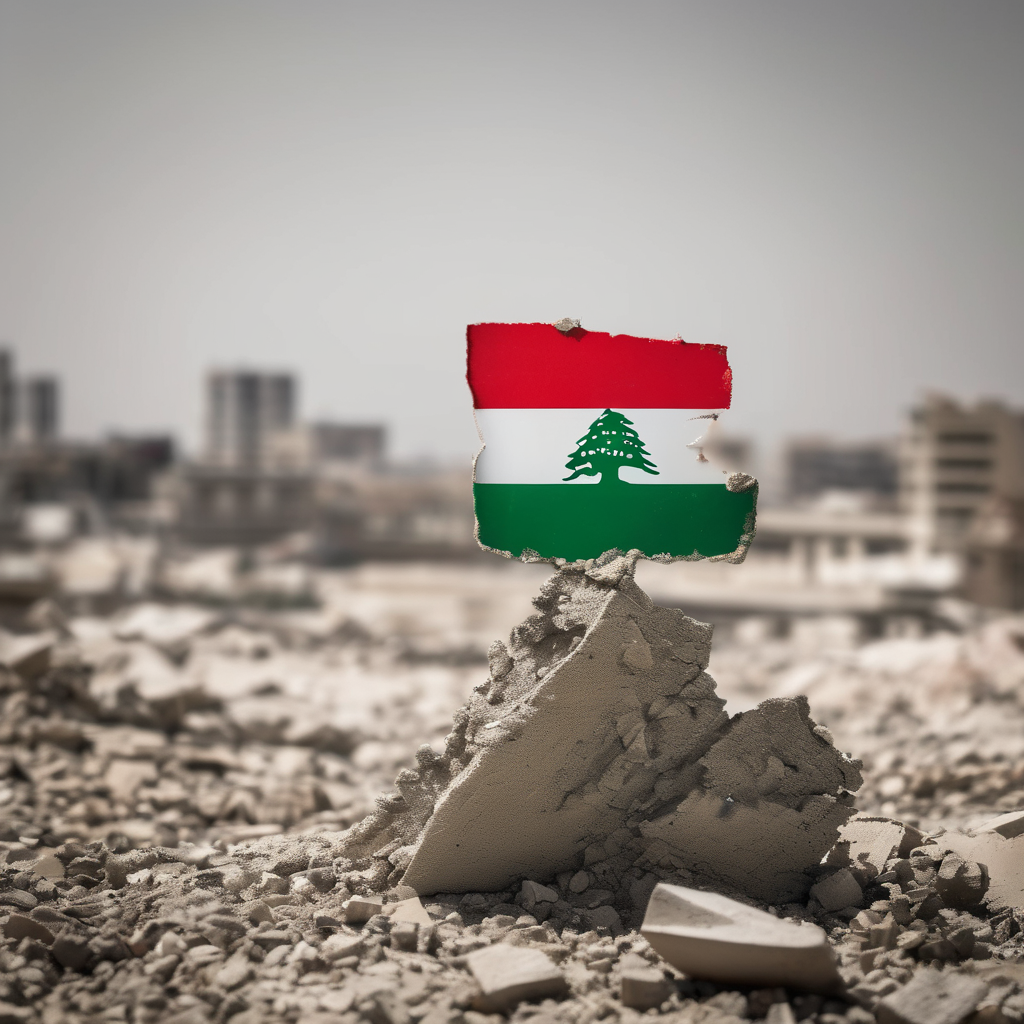The Israeli military launched multiple strikes in southern Lebanon on Thursday, targeting Hezbollah in an operation described as a response to the group’s alleged efforts to rebuild its military capabilities in the region. The Israel Defense Forces (IDF) reported that these strikes focused on weapons storage facilities associated with Hezbollah’s elite Radwan Force, asserting that the militant group was attempting to reestablish terrorist infrastructure.
In contrast, Lebanese President Joseph Aoun condemned the strikes as violations of international humanitarian law, claiming they mainly affected civilians and forced many families to evacuate their homes. He denounced the military operations as a “fully fledged crime,” emphasizing that Israel’s aggression persists despite Lebanon’s openness to peaceful negotiations.
Prior to the strikes, the IDF communicated evacuation warnings to residents living near potentially targeted buildings, advising them to move at least 500 meters away for their safety. These notifications followed the escalation of hostilities after the October 7, 2023, Hamas attack on Israel, which prompted Hezbollah to engage in military actions against Israeli positions in a statement of solidarity. In subsequent months, Israel conducted limited ground operations targeting Hezbollah.
In November 2024, a ceasefire brokered by the United States aimed to halt offensive actions between Israel and Lebanon. Under this agreement, Israel was to withdraw from certain positions in Lebanon, while Hezbollah committed to pulling back heavy arms. However, Israel maintained its strikes in response to alleged violations by Hezbollah, which the group has denied.
Despite the ongoing tension, the Lebanese Army released a statement affirming its commitment to working closely with the United Nations Interim Force in Lebanon (UNIFIL). Recently, UNIFIL observed the Israeli strikes and warned that such military actions jeopardize civilian safety and hinder diplomatic resolutions.
Israeli officials indicated that discussions within the Israeli security cabinet would address the situation in Lebanon, with a focus on Hezbollah’s rearmament efforts. Israeli Prime Minister Benjamin Netanyahu and Foreign Minister Gideon Sa’ar highlighted the necessity for proactive security measures as Hezbollah continues attempts to fortify its offensive capabilities.
While Hezbollah accused Israel of violating the ceasefire and exerting pressure on Lebanon, President Aoun’s remarks have sparked significant attention, suggesting a pragmatic approach to negotiations with Israel as a means to avoid further conflict.
Amid these developments, U.S. Special Envoy Tom Barrack expressed skepticism regarding the Lebanese government’s ability to disarm Hezbollah, observing that the militia possesses greater armaments than the national army, leading to complex challenges in ensuring stability in the region. The interplay between military actions and the potential for diplomatic solutions continues to shape the future of Israeli-Lebanese relations.
